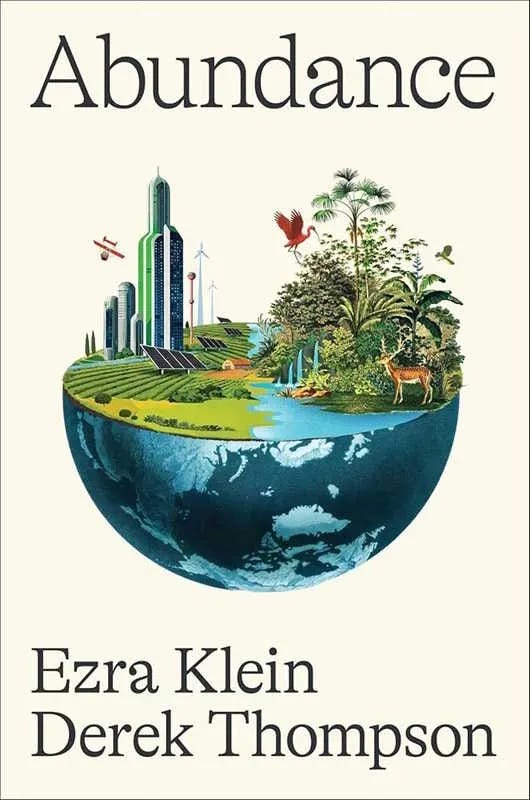Where's the beef?
Why voter apathy is a calculated choice, and what it’ll take to get North Texans back to the polls
Voter apathy isn’t about laziness; it’s about calculation. People show up when they believe something’s on the line, when the payoff feels real. In this week’s Dallas Morning News column, I share a childhood story that helps explain why so many North Texans stay on the sidelines and what it’ll take to get them back in the game.
My favorite hunting dog as a kid was a bluetick coonhound named Freckles after her heavily speckled coat that seemed to shimmer in the Mississippi sun. Though a runt of the litter, she could hunt with the best of them, and her bays were magic to my father’s raccoon-hunting ears.
Left to her own devices, she was happy to spend summer days beneath my dad’s mint-green Ford F-150. When dinner came, the other dogs rushed to their pens. Not Freckles. She didn’t stir until she saw her favorite food: kibble with shards of leftover pork chops or beef roast from family dinner. Then she moved with purpose.
Freckles reminds me of North Texas voters: They won’t budge unless there’s meat on the plate, something they can clearly see benefits them.
Quote of the week
The no. 1 question I got asked while in office was “Why do politicians not speak out against [issue x or y] when it is clearly wrong and they know as much?” A pertinent example is the Senate: Many, if not most, Republican senators disagree with the words and actions of the current president, but they dare not speak out for fear of retribution from not only the president, but their constituents as well, many of whom will pillory them with taunts of “RHINO” (Republican in Name Only) or, worse still, support another, more reliable candidate in the next primary.
The choice is simple, I say, you have to decide whether or not you want to be a politician. If the answer is affirmative, then doing the so-called right thing often isn’t on the table, and if it is it’s down the list from your primary objective: remaining in office. Legendary economist Thomas Sowell nails it in the following quote:
“No one will really understand politics until they understand that politicians are not trying to solve our problems. They are trying to solve their own problems - of which getting elected and re-elected are No. 1 and No. 2. Whatever is No. 3 is far behind.
“Many of the things the government does that may seem stupid are not stupid at all, from the standpoint of the elected officials or bureaucrats who do these things.”
What I’m reading
Abundance | Ezra Klein and Derek Thompson
I’ve spent years watching city councils and corporate boards swallow progress whole in the name of procedure, yet I’ve also seen how one bold move can shatter the logjam. Abundance captures that tension perfectly: rigorous policy critique wrapped in a belief that smarter rules, not more rules, can unlock real growth.
From Houston’s skyward boom under relaxed zoning to Philadelphia’s I-95 rebuild in record time, Klein and Thompson remind us that abundance is as much a choice we make in chambers and council halls as it is an economic fact.
Accessible and concise. Abundance—though packed with data and detail—stays under 320 pages, guiding you from problem diagnosis to practical fixes without a single slog.
Policy deep dive. Klein and Thompson lay bare how well-meaning regulations—from convoluted zoning to drawn-out environmental reviews—have carved scarcity into our housing, roads, and energy systems.
Actionable agenda. They see the “Abundance Agenda” as a playbook., as they share how streamlined approvals in Houston and FAST Act tactics in Philadelphia delivered faster bridges, more homes, and cleaner power.
In a nutshell
Scarcity isn’t destiny; it’s a policy trap. Abundance shows that by tearing out procedural choke points and refocusing on outcomes, we can deliver the prosperity we’ve let slip away. Whether you write the laws, lead the project, or cast the ballot, this book arms you to demand systems that work—and to build the future we’re capable of. Full review upcoming.





